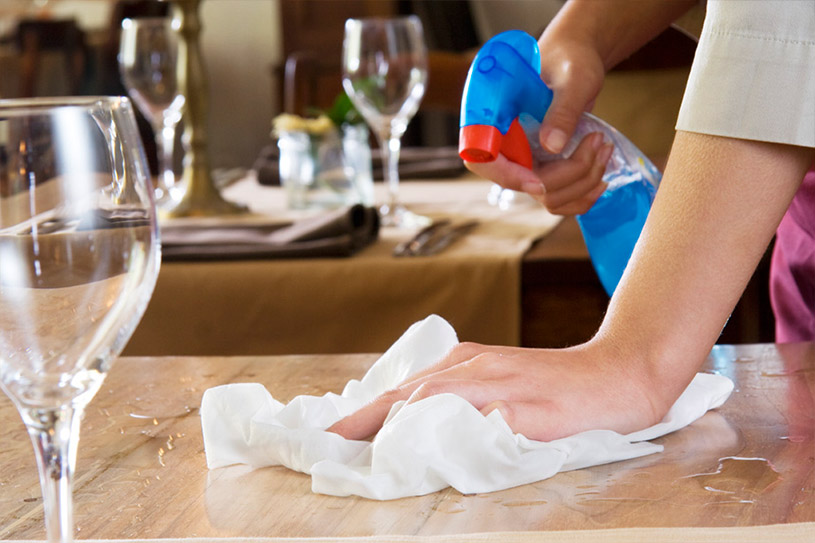Bringing food safety to the community

The damage that can be done by poor food safety can often be difficult to express in tangible terms. Lost revenues from customers not returning, or the word of mouth impact of negative reviews, are understood. Without proper perspective, however, they risk being treated less seriously than they deserve.
It’s easy, for instance, to think of other factors that may affect the likelihood of a customer not returning, or people not spreading the word about your foodservice business as much as you would like – price, menu options, quality of food or service, and more could all be conflated. Unless a customer specifically raises an issue with the food safety and hygiene, or reports a suspected case of food poisoning, this factor can slip under the radar a little. Online reviews make it easier to pinpoint the reasons for any negative complaints – but only the most engaged restaurateurs will seek out negative reviews to pinpoint ways to improve. The costs of compromised food safety, both financial and reputational, are substantial though – and should not be overlooked.
In a recent case in the UK, a number of visitors to a Chinese restaurant in Eastleigh took collective legal action after they suffered Salmonella. The 26 people taking legal action are seeking answers from the owners of Real China, after the Salmonella outbreak was linked to the restaurant, the BBC reports (http://www.bbc.co.uk/news/uk-england-hampshire-29029186). Real China said a full inspection had been done and there was no obvious source of the outbreak.
Thanks to a variety of online tools previously covered on this blog, it is now much more likely that dissatisfied customers can make their opinions known and for negative reviews to accumulate. Locally, via word of mouth and local media reports, restaurants can also suffer if they are perceived to be responsible for food safety and hygiene compromises.
At a local level, restaurant owners would do well to take the initiative in establishing high standards of food safety and hygiene. Regional schemes (http://mountainx.com/food/417912/) can help establish food safety practices across local businesses. Businesses driving the initiative, or even simply participating in the programme, can position themselves as thought leaders with the highest standards of food safety. Publicity for local schemes will also encourage diners to be aware of food safety and hygiene when they eat out – making restaurants with established high standards more attractive.
For foodservice businesses taking the initiative, putting food safety on the agenda in your community can enhance your position as the local restaurant to visit.

